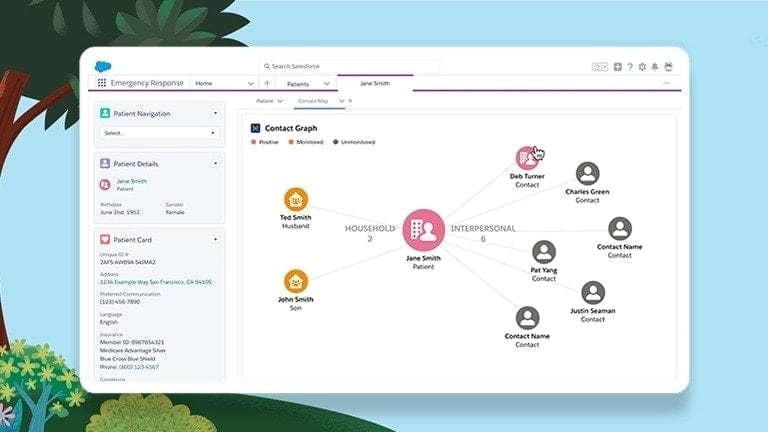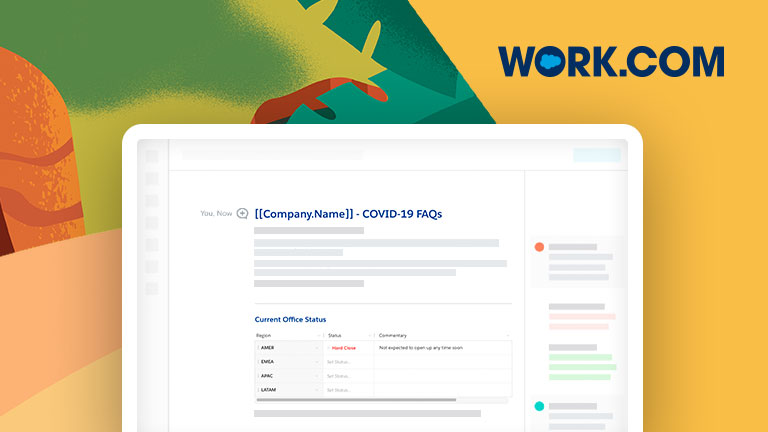Your 2020 Holiday Retail Strategy & Planning Guide
The 2020 holiday shopping season will make history. Not because of record-breaking sales or achieving predictions made in the pre-COVID era, but because it will look so different from years past. That makes forecasting and subsequent operational planning nearly impossible. Restricted travel, shipping capacity strains, unpredictable lockdowns, political unease, store closures, and heightened concerns over health and safety will shape the season.
There’s no doubt the pandemic is changing retail, from a flood of new digital consumers to requirements for contactless experiences. In Q4 of FY 19-20 alone, digital commerce grew 108% in the ANZ region. And with Prime Day in October versus its traditional July advent, there will be a seismic shift in retail demand that’s earlier than ever this holiday season.
As retailers plan for the busiest shopping period of the year, an extra understanding of what shoppers need, extra thoughtful communication, and extra ways to shop will go a long way.

Get a complete view of your customer
Prepare your site for the surge in traffic
- Home Page: 100-250ms
- Product Search/Listing: 250-500ms
- Product Detail: 250ms-500ms
- Cart: 500-1000ms
- Checkout: 1,000-1,500ms
- Place Order: 1,500-2,000ms
- All Other Experiences: 500ms
1. Identify the most-visited storefront experiences
2. Determine the percentage of cached requests
3. Raise the percentage without invalidating the experience (e.g., improve caching without degrading personalisation)
4. Find the percentage of cached content that’s not reused and prevent future caching of it
Give every experience a personal touch
- Site search: Embed AI into search dictionaries to surface the most relevant term based on behavioural and customer data.
- Product sort: Customise the order in which products appear in search and category pages based on shopper behaviour.
- Product recommendations: Remove labor-intensive merchandising activities to deliver highly personalised product recommendations based on shopping behaviours.
- Commerce insights: Gain deep insight into products typically purchased together to create popular product bundles.
- Post-purchase emails: Deploy post-purchase emails with relevant new products. Use product recommendations sparingly, however, on receipts and account confirmations as a helpful, secondary element.
Use ecommerce to give back to your community
Chapters

Tools to Help You Reopen Your Business

COVID-19 Response Playbook
More Resources

Write a COVID-19 V2MOM

How to Source Personal Protective Equipment (PPE)




